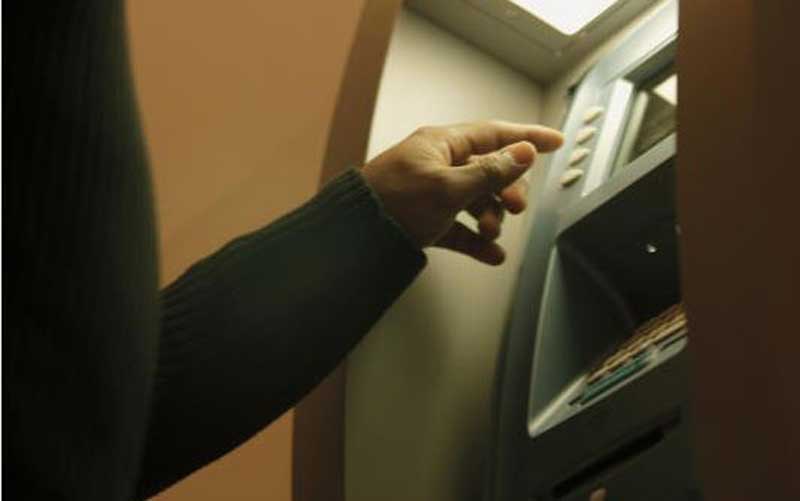×
The Standard e-Paper
Join Thousands Daily

It is Christmas Eve, and there is an atmosphere of good cheer around. Business is booming in Mombasa. Although Mohammed Abdi has no real attachment to Christmas, the infectious excitement has mellowed him out even as he hurriedly leaves his business premises and walks to the nearby mosque. As he does this, he switches off his phone.
Unknown to Mohammed, his movements are relayed to a shadowy character, some 500 kilometres away in Nairobi. The vultures are circling and have been physically and electronically tracking him.